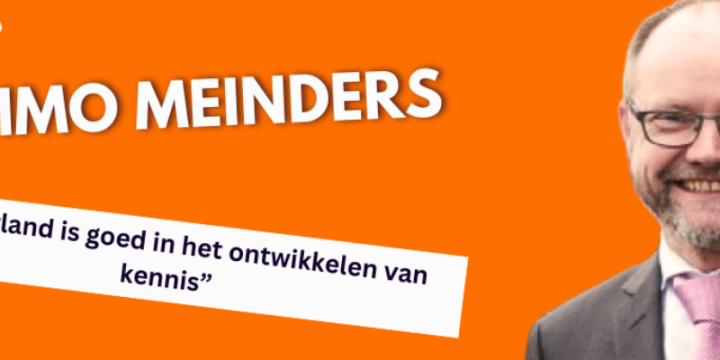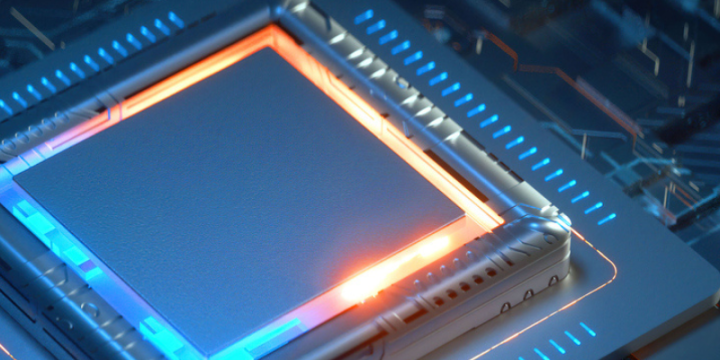Every year, the Netherlands contributes more than one hundred million euros to the European Big Science research institutes (BSOs). As Industrial Liason Officer at CERN and coordinator of the ILO network, Jan Visser connects the Dutch precision industry to tenders from the Big Science institutions. Visser finds the most enjoyable aspect of his work is connecting the high-tech industry with the scientific world. “Actually, I am a kind of real estate agent.”
Using know-how
In conversations that Visser has with companies that are interested in a connection with a BSO, two things stand out to him. “If companies really want to get something out of the relationship, they must also put something in and invest in contacts with a BSO, so that they know what is going on.” In addition, according to Visser, it is important to remember that BSOs are not just parties that companies can sell something to. “You can also see them as a technology supplier. There is an awful lot of know-how and technology at those organizations. As a company you can learn a lot from that. Many companies see CERN as difficult, expensive science and feel a high threshold. It is up to the ILO network, in collaboration with the Mikrocentrum, to paint a realistic picture. Because what is happening is very exciting, and basic building blocks are needed for that.”
Collaborating with a BSO: more than just money
For companies, there is more to gain than just money when collaborating with a BSO. “If a company works for CERN, it shows that it plays in the Champions League. Moreover, these often involve complex projects, so it is a time for companies to learn and stretch their potential.” Moreover, it can be a way for companies to keep the best people on board, says Visser. “Assignments for a BSO are almost always challenging and exciting.”
Dutch industry and research organizations such as Nikhef have a good reputation at CERN, Visser knows. “They deliver quality and are reliable.” A tricky point is that Dutch companies are often not among the cheapest, while competitors from other countries often come up with more opportunistic offers. According to Visser, it would be good if CERN decided not only on the basis of cost price, but also took quality into account. “Companies can in any case submit an alternative offer to CERN. With this you indicate: we can make the product for an X number of euros. But, if we look closely at what you need, we also offer you an alternative. It costs more, but we believe it is a better buy in the long run.”
Precision Fair: collaboration with Big Science since 2012
Visser notices that there is a great need from the industry to meet each other. “If a Big Science organization issues a tender, companies have little time to respond and submit a competitive bid. If a company wants to participate in a complex tender, it is important that it knows its potential partners well. When a tender is issued, you can switch quickly.”
Visser is involved in the organization of the Big Science lectures at the Precision Fair on behalf of the ILO network. This collaboration started in 2012 and aims to show companies what is happening or about to happen at the research organizations, so that the industry can prepare for it.





